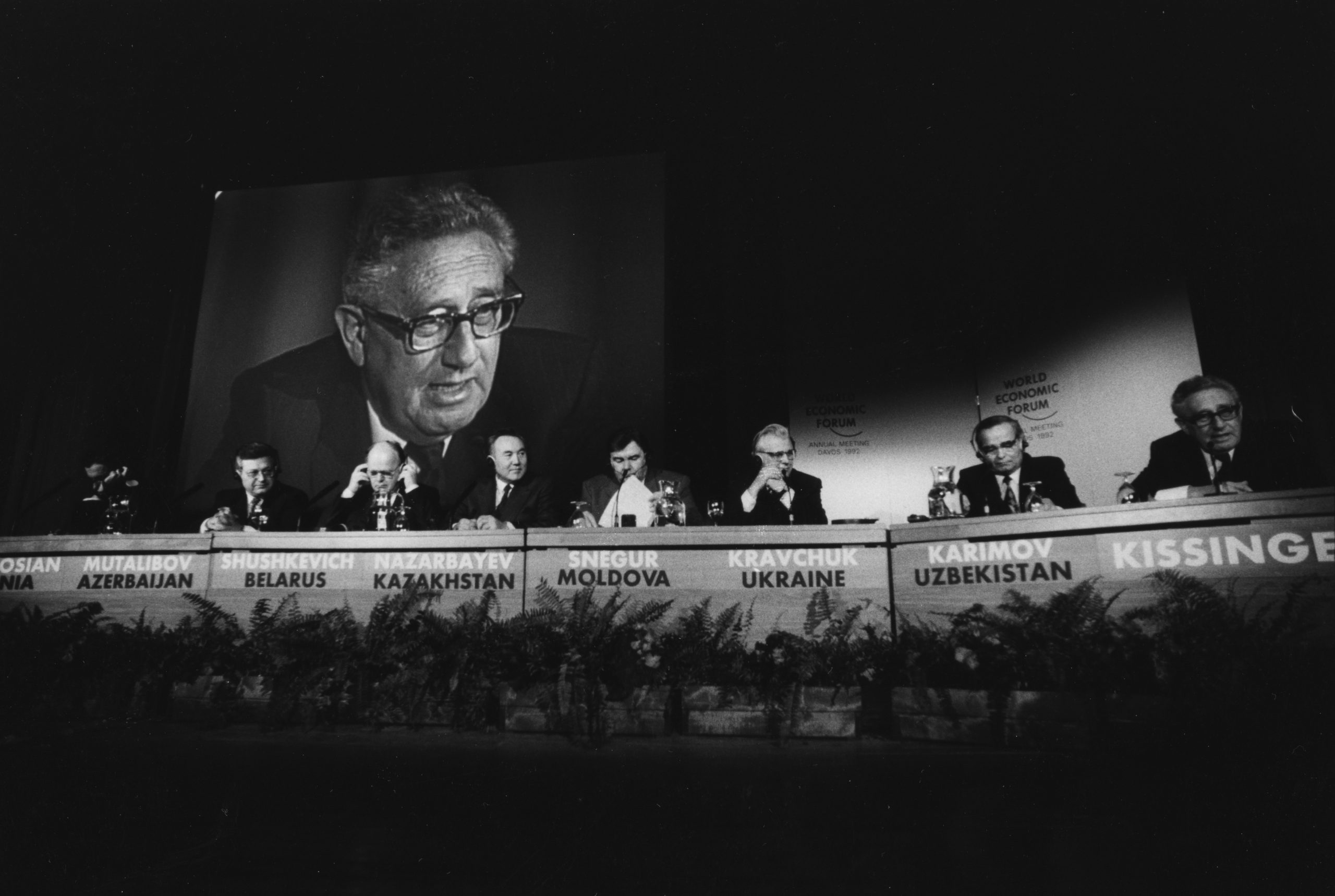For someone who played a major role in shaping the world we live in today, the death of Henry Kissinger this week passed with relatively little fanfare.
The former US Secretary of State wore many hats, many of which depend on who you ask. To some, he was a magnanimous and vastly intelligent statesman who helped to make the world a more peaceful and stable place. To others, he was a madman, a war criminal, and a ruthless manipulator. His passing, aged 100, was met with a similarly mixed reception: while some respectfully mourned, others joyously cheered. And while I sympathise more with the latter side, I cannot celebrate the death of a man who we never forced to face justice for his crimes.
As an IR student, Henry Kissinger has long been a dominant name in my studies. As the leader of national security policy under both Richard Nixon and Gerald Ford, he played a key role in many of the events of the late 20th Century. He was critical to ending the Yom Kippur War in 1973, forged the peaceful period of “détente” between the US and USSR during the 70s, and played a crucial role in negotiating the end of the Vietnam War. For the latter, he was awarded the Nobel Peace Prize; later on in life, he was also a key advisor to George W Bush in driving forward the 2003 invasion of Iraq. And beyond his actions, he also made huge contributions to IR theory, in large part cementing the realist tradition that dominates US thought even today. While studying in America, my professors and colleagues alike were full of praise for his achievements and personality.
But looking deeper into the means by which he achieved these mighty achievements quickly opens you up to the true horrors of his mentality. To name a few: he illegally dropped half a million bombs in Cambodia in the 1970s, orchestrated coups in Latin America, supported and extended apartheid in South Africa, and even spied on his own staff with the help of the FBI. Ultimately, what is uncontroversial about the German-born statesman is his unwavering commitment to promoting American interests; the more controversial truth, though, is that he would stop at nothing, not even committing unspeakable evil, to ensure that he got his way.
While I understand that foreign policy requires tough choices, allowing such monstrous callousness in the name of national interest is utterly unconscionable. I think the late Anthony Bourdain put it best with his challenge: “[w]itness what Henry did in Cambodia… and you will never understand why he’s not sitting in the dock at The Hague next to Milošević”.
Perhaps, though, the greatest trick Kissinger ever pulled was being able to be so quickly forgotten. Within a few days, our news cycle already seems to have returned to discussions of COP28 in Dubai, smoking bans in New Zealand, and the crisis in Palestine. That luxury we have to continue with our lives, to bother ourselves with more pressing issues, is not one that he afforded to innocent people from Angola, Beirut, Cambodia, or anywhere else. His actions led to the deaths of millions then and cause misery for many more today; he, meanwhile, peacefully died aged 100 in his home in Connecticut.
So, no, I will neither mournfully praise nor wish “good riddance” to a man who managed to escape the extent of his egregious crimes practically scot-free.
We failed as a society and as a species by moving on and allowing Henry Kissinger to pass in peace.
“Henry Kissinger – World Economic Forum Annual Meeting 1992” by World Economic Forum is licensed under CC BY-NC-SA 2.0.

